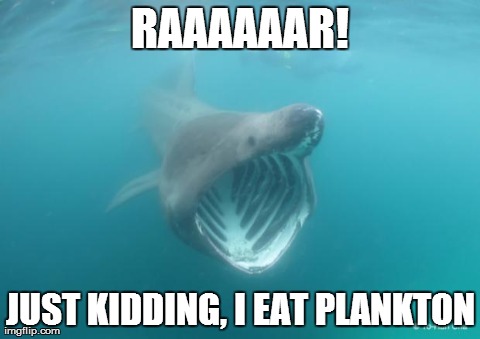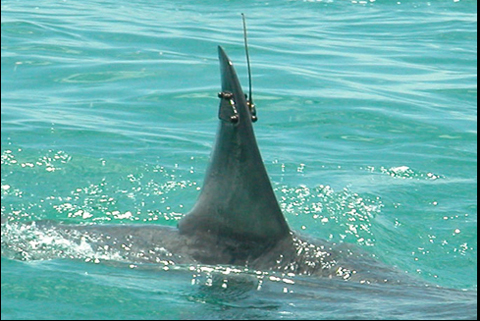 Welcome to day four of our delightful tour through the weird, wonderful creatures on Michael Allred’s incredible Aquaman cover. It’s all fish today!
Welcome to day four of our delightful tour through the weird, wonderful creatures on Michael Allred’s incredible Aquaman cover. It’s all fish today!
Since we’re at the halfway point, now seems like a good time to reflect on why this cover matters so much. I’ve been a fan of Aquaman for a long time, and for all the amazing visuals in the latest iteration of our Atlantean hero, the deep sea remains noticeably underrepresented. Comic books mirror life and it is rare to see deep-sea creatures feature in art, let alone popular art. To have so many deep-sea organisms featured prominently on a piece of genre-crossing pop art is a rare and welcome opportunity to share my love for fangtooths, vampire squid, vent worms, monkfish, fringeheads, and isopods with a new and diverse audience.
Downward with the bestiary of barotollerant glory!


